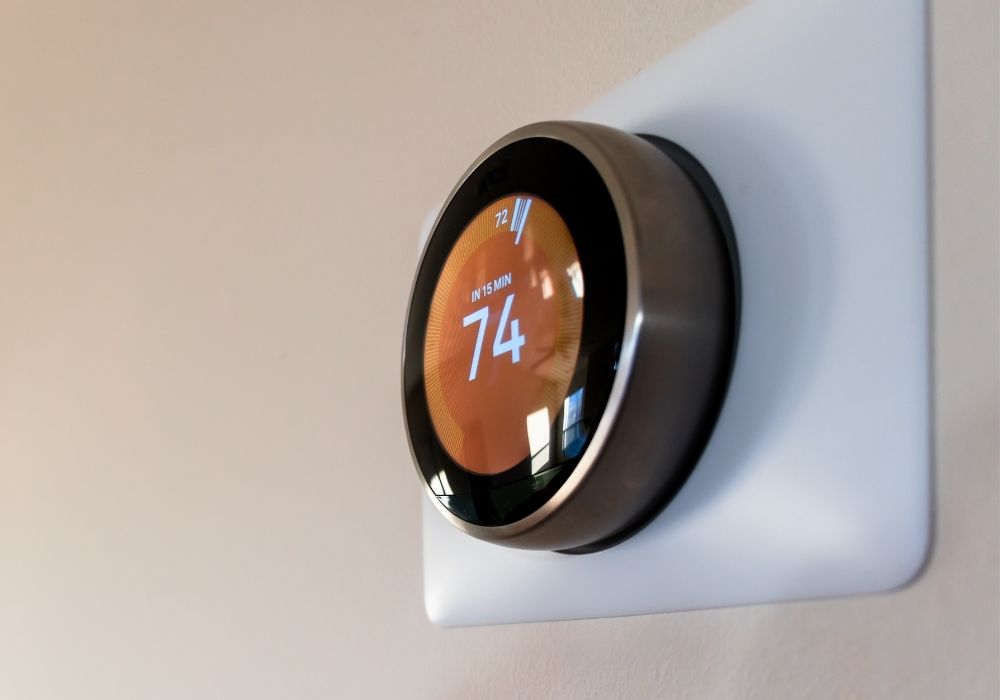In the winter months, energy bills increase as we crank our heaters and keep our lights on longer during the quickly-darkening days.
This winter, energy bills are likely going to be higher than ever, the U.S. Energy Information Administration predicts, as supply and demand disruptions caused by the pandemic bring higher prices, coupled with a colder winter.
Some people who heat their homes with natural gas are expected to spend 30 percent more than they did last year, while those who heat with electricity will only spend about 6 percent more.
That’s why it’s more important than ever to learn how to conserve energy in your home during the winter months. Here are some tips to keep the home insulated and warm, regardless of if this winter brings drizzle or snow.
Heat escapes the home in many ways, and windows are a big part of that. The U.S. Department of Energy estimates that about 30 percent of a home’s heat is lost through the windows.
To help prevent that loss, you can install drapes to keep the heat in. Energy Saver has a list of different types of shades and how they may work best for your home. For example, you may want long drapes that go to the floor or window sill to prevent heat from escaping. It’s best if the drapes seal together to keep the heat in.
You may not want to keep your blinds closed at all times though. If your window faces sunlight during the day, you can keep the shades open to let the sun warm the room.
Windows aren’t the only places you’ll want to insulate. Look for where cracks in your doors leading outside provide an opportunity for heat to leave. Martha Stewart has quick, easy instructions for making a door draft dodger, out of cheap fabric and a filler like newspapers.
Weather stripping and caulking are helpful ways to make sure that air is not leaving the home where places like electrical wiring or plumbing enter.
We like keeping the lights on late into the evenings during the dark winter months, and who can blame us? But to make sure you’re not wasting energy, install lights that are energy efficient.
Puget Sound Energy reports that LED bulbs use 80 percent less energy than incandescent bulbs and can last one to two decades longer than other lights!
You can also install energy efficient showerheads to reduce the amount of water you use. Seattle City Light shares that reducing your showering time even by a few minutes can help you conserve.
Questions about home insurance? Contact a Sea Mountain Homeowners Insurance Specialist today!
